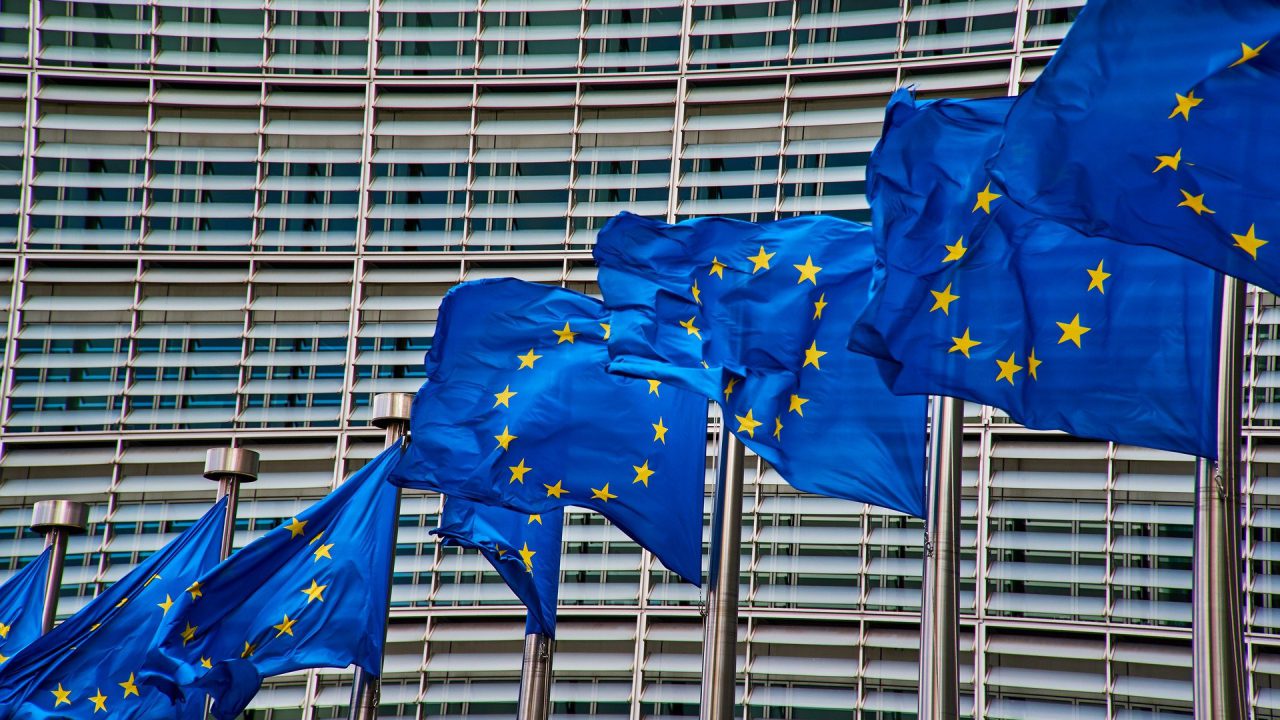The European Commission is planning to extend the EU State Aid Temporary Crisis Framework to the end of 2025, and to make amendments to it focussing on the transition to green energy.
The commission has sent a draft proposal to the member states for consultation on the plan, which would transform the current framework into the Temporary Crisis and Transition Framework.
The proposal is part of the commission’s Green Deal Industrial Plan, which was also announced today (Wednesday, February 1).
The revised framework, if adopted, would aim to boost investment for a faster roll-out of renewable energies.
The Temporary Crisis Framework was first adopted on March 23, 2022, on foot of Russia’s invasion of Ukraine.
Among its provisions are limited amounts of aid, in any form, for companies affected by the war or by the subsequent sanctions and countersanctions up to the increased amount of €250,000 in the agriculture sector, €300,000 in the fisheries and aquaculture sector, and €2 million in all other sectors.
It also allows member states to grant aid to compensate companies, particularly intensive energy users, for high energy prices.
The framework, in its current form, is due to expire on December 31, this year.
If the proposed revision of the framework is adopted, it will put a number of new measures in place.
These include further facilitating the roll-out of renewable energy by including the possibility to support the deployment of all renewable energy sources.
The revision would also provide for addressing the investment gap in sectors that are considered strategic for the green transition.
In particular, the commission proposes to allow support from member states for the production of batteries, solar panels, wind turbines, heat-pumps, and carbon capture storage and usage.
EU member states now have the possibility to comment on the commission’s draft proposal.
The commission aims to adopt the new Temporary Crisis and Transition Framework in the coming weeks, taking into the account the feedback received from the member states.
